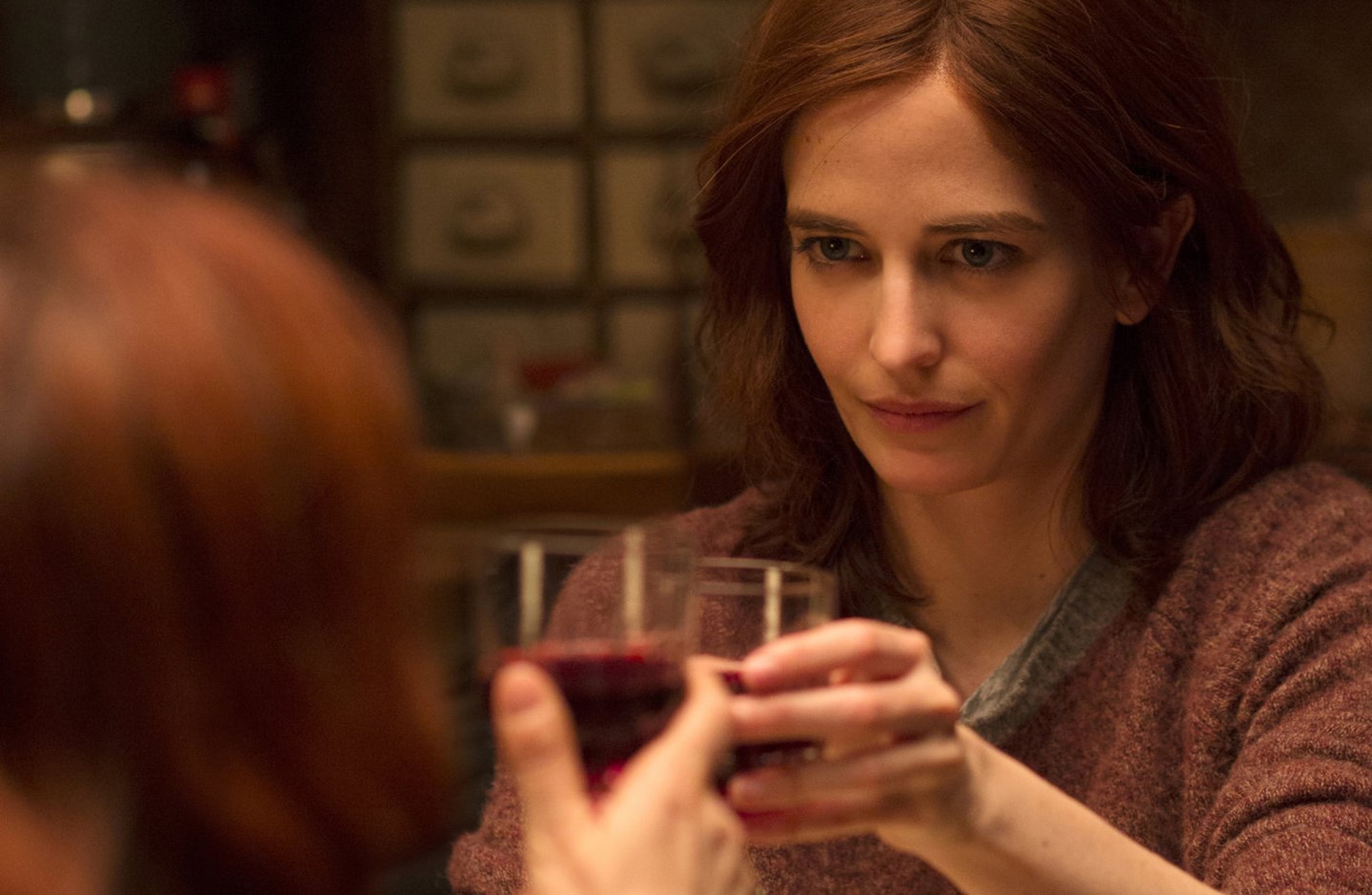Roman Polanski, no doubt, is a “living pillar” of world’s cinema, loved, hated, admired. His latest movies, Carnage and Venus in Fur, have amazed us as pure jewels of a real Maestro.
D’après une histoire vraie has been ignored by critics but our newsroom, namely Margherita Fontana and Carlotta Magistris, have produced two delightful and disagreeing reviews.
D’après une histoire vraie – seen by Margherita Fontana
Delphine (Emmanuelle Seigner) is a novelist who has become suddenly successful for a book inspired to her mother’s mental illness and suicide in a psychiatric hospital. Drained from her latest literary work, she is in the middle of a writer’s block when she meets Elle, a mysterious admirer. The two become friends, but Elle attachment rapidly turns into a possessive jealousy and a desire to control. We witness a process of identity substitution: Elle becomes Delphine, because obviously Elle is Delphine, a self-projection created by the writer’s guilty conscience for having fed her success with the pain of beloved ones. Again, Elle tries to distract Delphine from devoting herself to fiction in order to force her to write her “hidden book”, a true story stolen from her tormented subconscious. Once Pandora’s box is open, Delphine’s life is at risk. However, digging in the cruelty of true life in the end pays: the next book is a success. Based on a True Story wants to be a reflection on pain and guilt underlying creative process: to give birth to an artwork is to empower a hidden and dangerous force to feed a public who likes to be satisfied by others’ (and artist’s) pain. Unfortunately, the latest film by Roman Polanski misses the mark: the tragic nature of this “true life” in which the artist has to plunge is depicted in a grotesque manner. Let me give you an example. The audience cannot keep itself from laughing when Elle, Delphine’s subconscious brought to life, tells about her life, in order: her imaginary friend, her mother’s suicide, her house’s fire, where her violent father got killed, her virile husband died in an accident. Maybe a little less would have been better.
D’après une histoire vraie – seen by Carlotta Magistris
D’apres une histoire vraie is the new awaited movie by Roman Polanski, which after his last insuperable Venus in Fur is back with a recognisable film in his morbidity and anxieties confirming the director, who is now eighty years old, as still one of the most interesting things you can see at the cinema. We can feel everything: the typical bittersweet echo of the movie director creating a nefarious relationship, Emmanuelle Seigner, who loses her typical sensuality for a more mature character haunted by the ghost of a mysterious past and the screenplay by Olivier Assayas, who describes an intimate and ambiguous relationship between two women which reminds us of Binoche and Stewart from The Clouds of Sils Maria with a misty and deeply personal end. To this Seigner’s new adult elegance is opposed an effective Eva Green, sometimes too affected but who leads for the whole movie her evanescent character until a polanskian end, not among his best ones but coherent with the mood of the film.









Commenti recenti